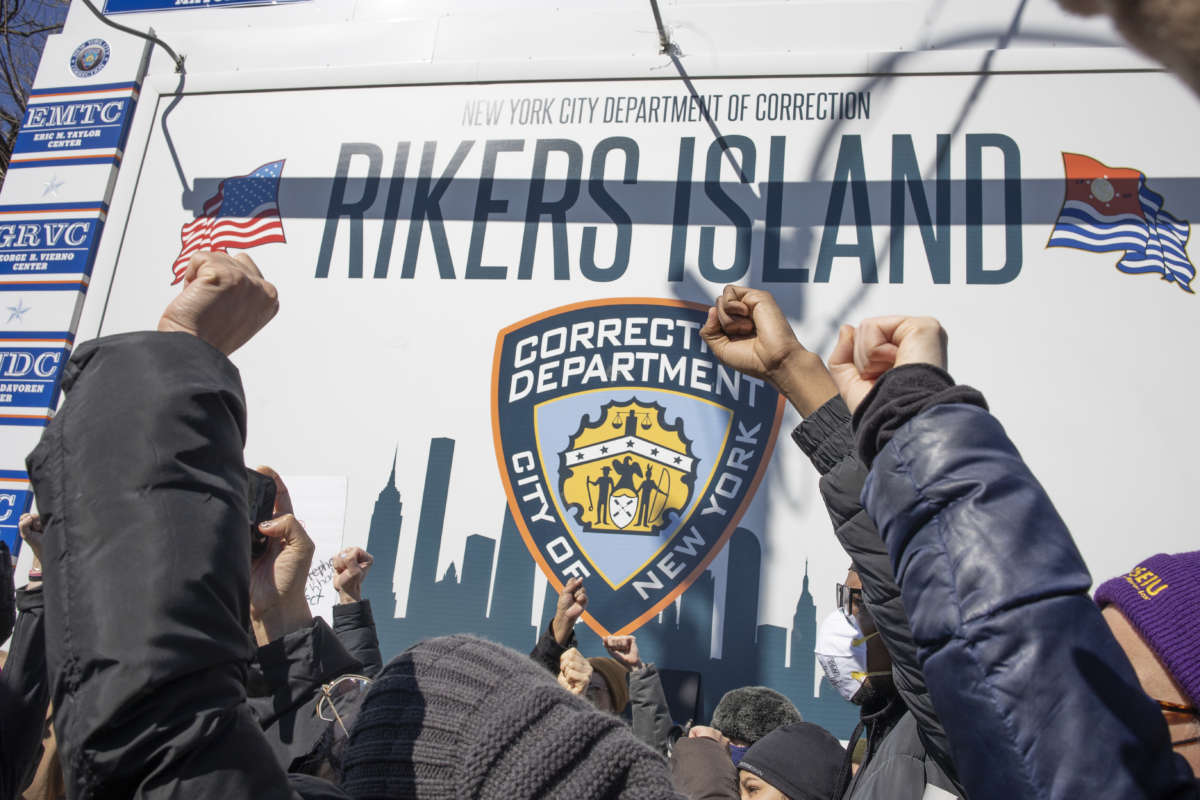On Thanksgiving Day, the Adult Survivor Act went into effect in New York, allowing over 750 formerly incarcerated individuals to file civil lawsuits against the state for failing to protect them from sexual violence they say they experienced while in prison.
The new law is part of a wave of reforms across the country that expands the statute of limitations on sexual offenses. This year, five states and the federal government passed legislation that eliminates or lengthens the statute of limitations of existing criminal and civil laws, giving victims more time to come forward with claims against alleged abusers.
The Adult Survivor Act in New York makes way for victims to specifically file claims about sexual assault in state correctional facilities, which carry a long history of abuse. The pending cases allege that since the 1970s, New York state had been made aware, through lawsuits and Justice Department reports, that incarcerated women were being sexually assaulted by prison staffers but did nothing to stop it.
At a press conference about the claims on Nov. 16 in Lower Manhattan, three Black women gave gut-wrenching testimonies about being repeatedly raped by prison guards during their sentences. One of the women said that while serving a sentence at Bedford Hills Correctional Facility in Westchester County, New York, she was raped by a guard for six years. She suffered an ectopic pregnancy that caused her fallopian tube to rupture, ending her chances to ever have children.
In an email to Capital B on Nov. 21, Thomas Mailey, a spokesman for New York’s Department of Corrections and Community Supervision, said “Individuals who violate Department rules are disciplined by the Department and when there is evidence that a crime was committed, and DOCCS refers those cases for criminal prosecution to the fullest extent permitted by law.”
According to an analysis conducted by The Rape, Abuse & Incest National Network (RAINN) of Justice Department data, “60% of all sexual violence against inmates is perpetrated by jail or prison staff.”
Federal laws like the Prison Rape Elimination Act of 2003 classify sexual assault against an incarcerated person as rape. But current and formerly incarcerated people have said that these incidents are hard to report. Prison guards discourage them from filing claims of abuse by threatening to take visitation privileges away, placing them in solitary confinement for an indefinite period, or deducting credits earned that would lower their sentence.
“When it’s a person in power, particularly an officer, they’re the ones that are supposed to uphold the law,” said L’Tomay Douglas, a member of RAINN’s speakers bureau and restorative equity educator, outlining how power dynamics present in jails and prisons complicates matters for incarcerated abuse victims.
Douglas noted that Black incarcerated women face additional stigma. “They are not believed,” Douglas said, “and there’s this notion that whatever happens to them, they deserve, so they shouldn’t be treated like human beings.”
New York joined 23 other states and three U.S. territories that in the past 20 years have either eliminated or expanded the statute of limitations to allow victims to refile civil claims that were once deemed too old. The new law is similar to the Child Victims Act, enacted in 2019, that allows survivors up until the age of 55 to file a lawsuit against an abuser and the institution that person may have been affiliated with at the time of the alleged assault.
Prior to enacting these laws, depending on the level of the crime, survivors of sexual assault had shorter windows to report. For instance, in New York, minors had within five years of their 18th birthday to file a lawsuit against the accused. After that, the door was closed.
While loosening these laws across the country could be helpful for victims of abuse, advocates say that for Black people, these reforms are not enough, because Black women are less likely to even report their assaults. For every 15 Black women who are raped, only one goes to the police, according to a 2018 analysis conducted by Ujima Inc.: The National Center on Violence Against Women in the Black Community. Further, these laws often focus on abuse committed by people in power, not on assaults by relatives and community members, which Black victims can be especially hesitant to report.
“The people who are mostly impacted by all of this are Black women, and the people who are less likely to have resources or access and support are Black women,” Douglas said. “So [the laws need] to be something that’s further than just saying here, you know, ‘You can file a claim, and you can get justice’. I think that’s a disservice,” Douglas said.
Our most important fundraising appeal of the year
December is the most critical time of year for Truthout, because our nonprofit news is funded almost entirely by individual donations from readers like you. So before you navigate away, we ask that you take just a second to support Truthout with a tax-deductible donation.
This year is a little different. We are up against a far-reaching, wide-scale attack on press freedom coming from the Trump administration. 2025 was a year of frightening censorship, news industry corporate consolidation, and worsening financial conditions for progressive nonprofits across the board.
We can only resist Trump’s agenda by cultivating a strong base of support. The right-wing mediasphere is funded comfortably by billionaire owners and venture capitalist philanthropists. At Truthout, we have you.
We’ve set an ambitious target for our year-end campaign — a goal of $250,000 to keep up our fight against authoritarianism in 2026. Please take a meaningful action in this fight: make a one-time or monthly donation to Truthout before December 31. If you have the means, please dig deep.
